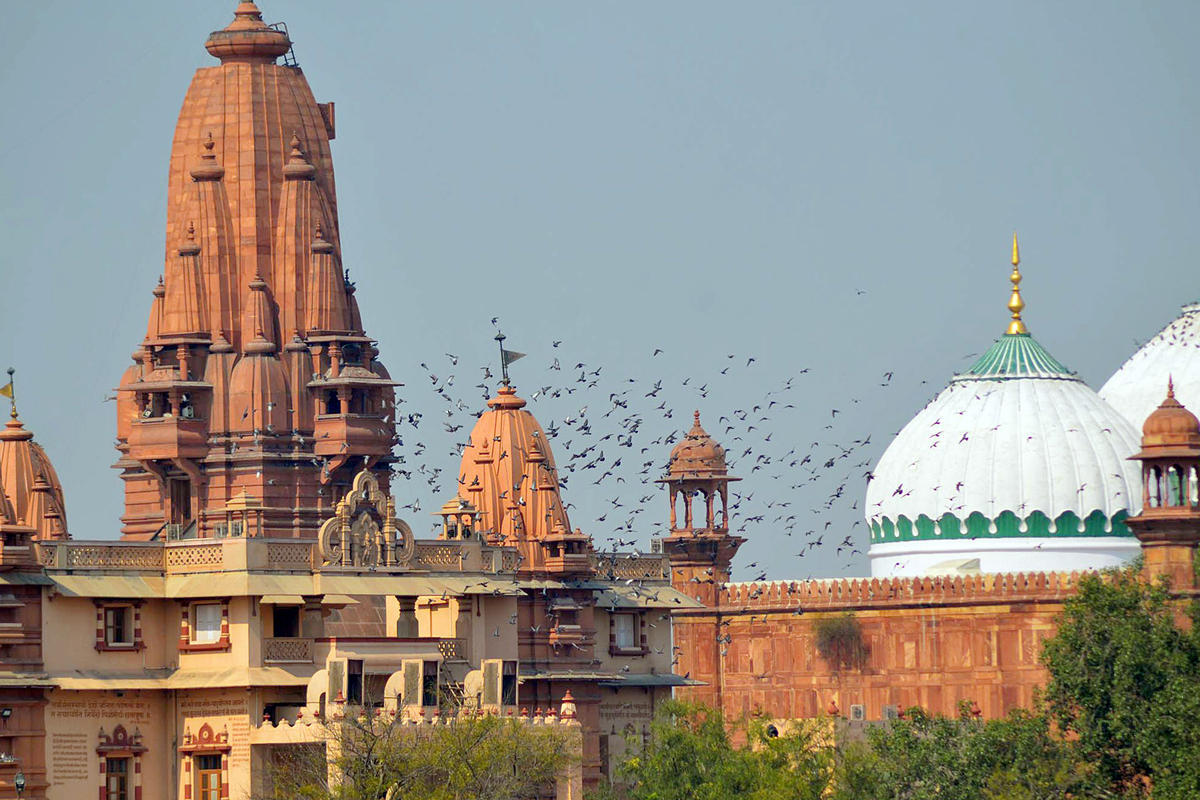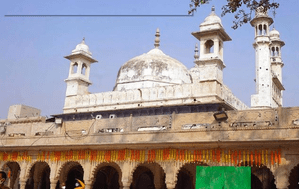A Varanasi court has denied a request from the Hindu plaintiffs for an additional Archaeological Survey of India (ASI) survey at the Gyanvapi mosque complex. This decision comes amid ongoing legal disputes surrounding the site, which holds significant religious importance for both Hindus and Muslims.

Source:- bbc news
The Hindu side sought the survey to bolster their claims regarding the existence of a temple at the site before the mosque was built. They argued that previous surveys may not have sufficiently addressed the historical and archaeological evidence they believe supports their claims. However, the court, presided over by Judge Ajay Krishna Vishvesha, stated that the matter of conducting a new survey is not currently appropriate given the existing proceedings and evidence.
Source:- bbc news
The Gyanvapi mosque, located adjacent to the Kashi Vishwanath temple in Varanasi, has been the center of contention for years. The Hindu plaintiffs argue that the mosque was constructed over a temple that once stood on the site. In contrast, the mosque’s management has consistently maintained that the structure is a legitimate place of worship under Muslim law.
This ruling is significant as it reflects the court’s stance on the ongoing tensions surrounding the historical claims of both communities. The decision may impact future legal strategies employed by the Hindu plaintiffs, who continue to seek recognition of their religious claims.
As the case unfolds, it continues to draw attention from various groups and the public, highlighting the complex interplay between religion, history, and law in India. The Gyanvapi issue is emblematic of broader challenges faced in reconciling historical grievances with contemporary legal frameworks, particularly in a nation where religious identities are deeply intertwined with cultural heritage.
Share your views in the comments

